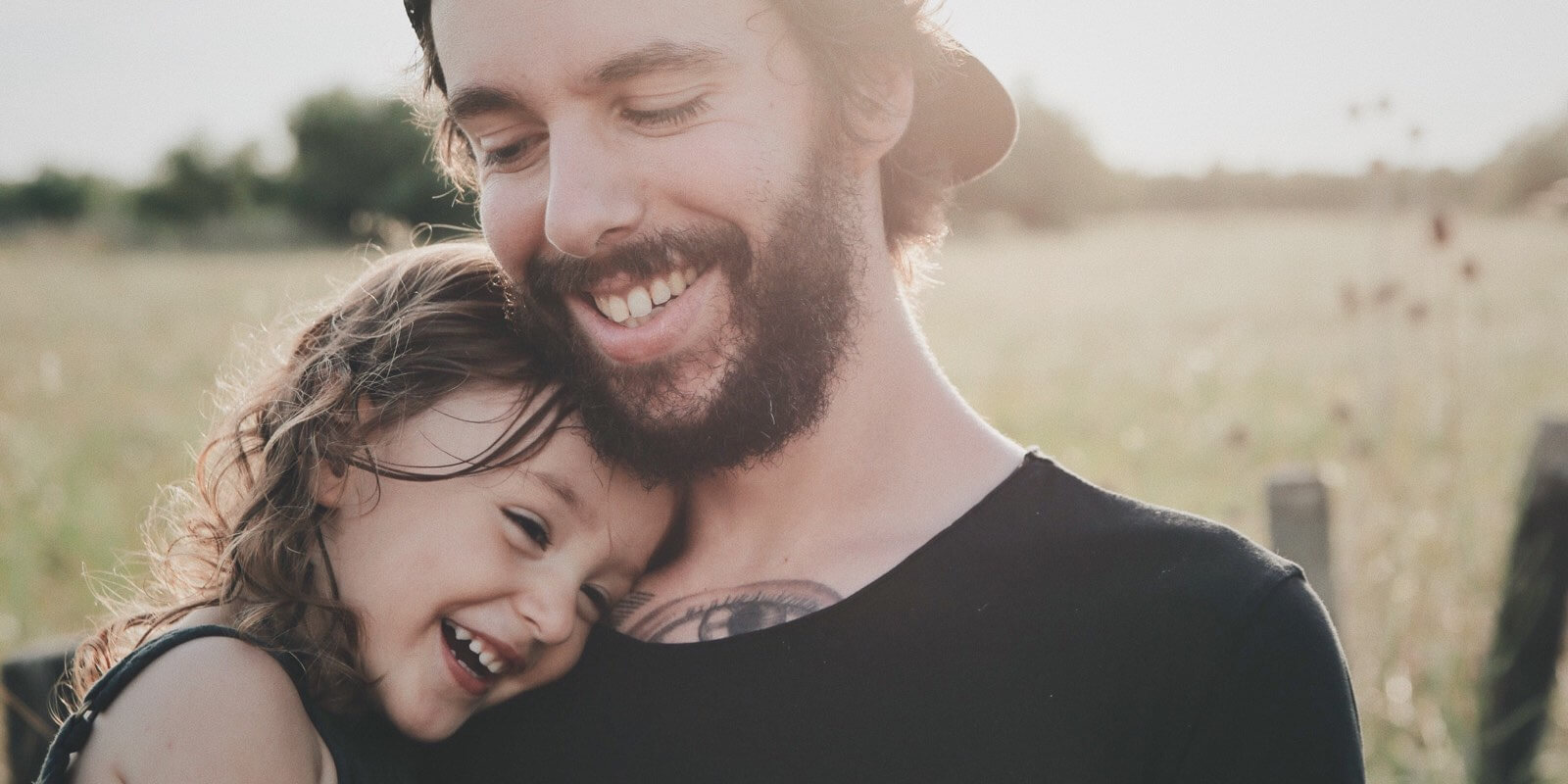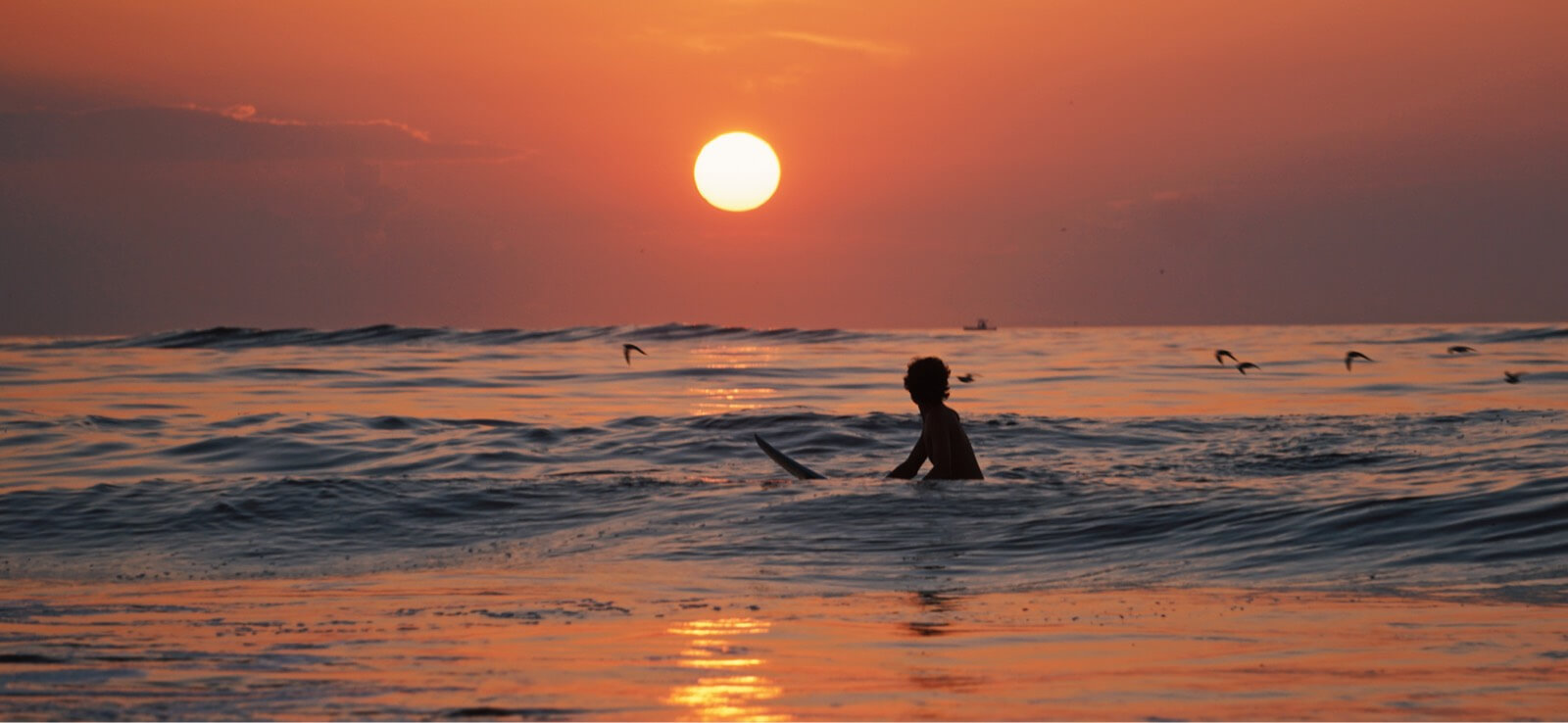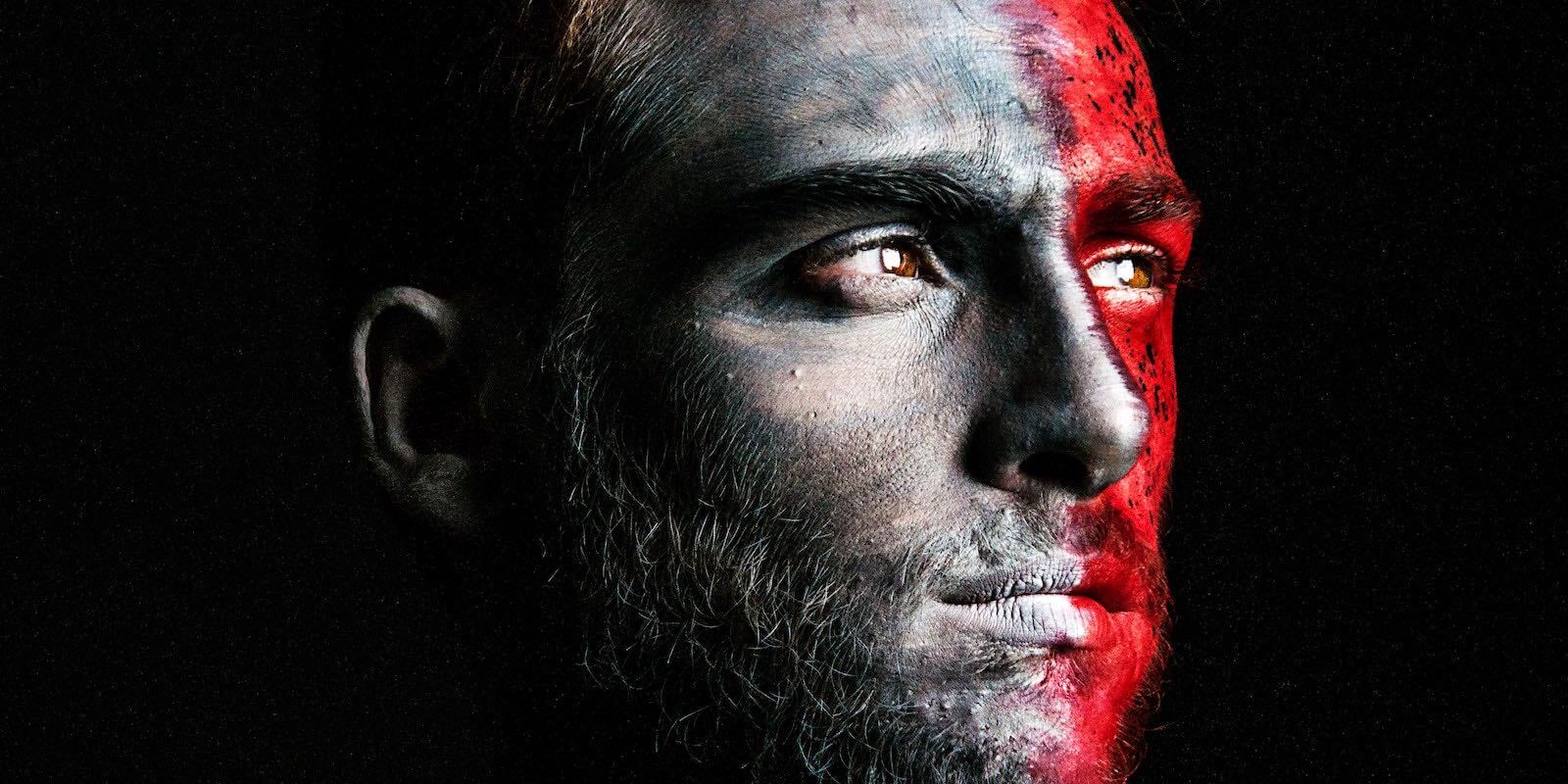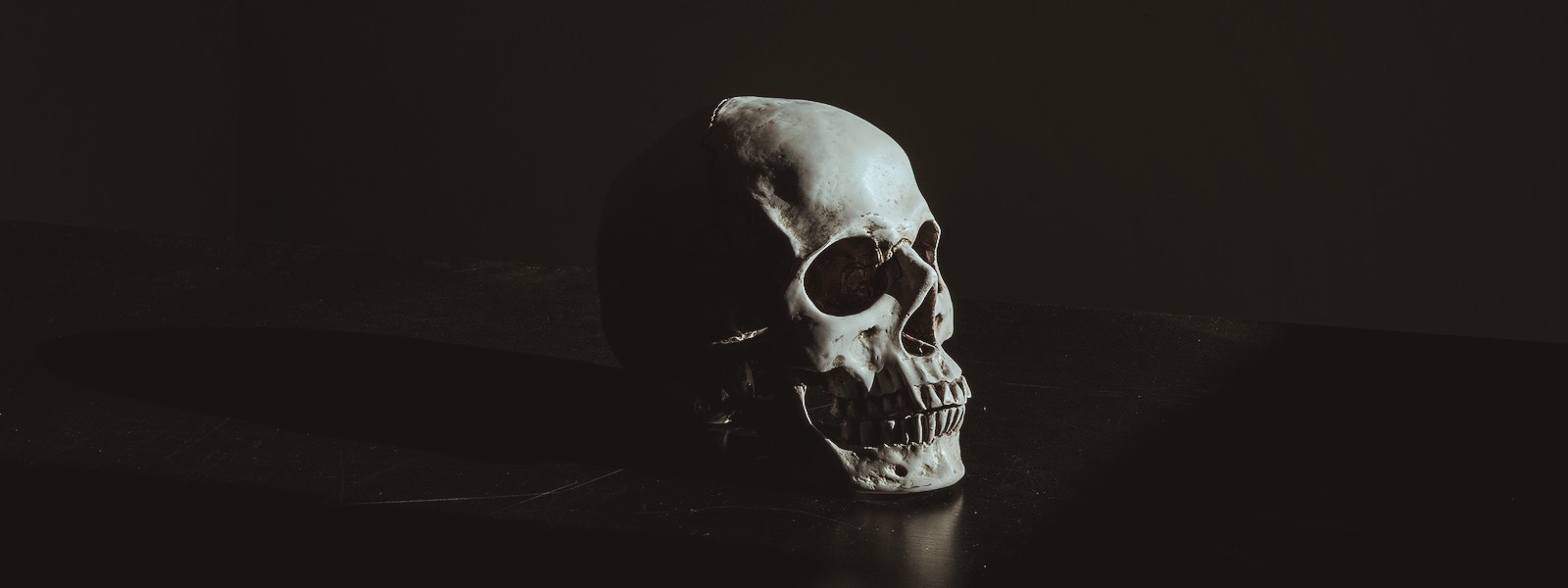My first few attempts at mindfulness were frustrating failures. I did what I was supposed to do—sat down, closed my eyes, tried to focus on my breathing, and I did consistently for a week or two. But I never felt noticeably less stressed or more zen. So I gave it up, convinced that mindfulness “didn’t work.”
This is a common story. We read an inspiring article on mindfulness or hear a compelling podcast interview about the amazing benefits of 30 minutes of meditation each morning, and rush off to start doing mindfulness. But for 99% of us, it doesn’t work. It doesn’t stick. The reason is…
We do mindfulness but we don’t live mindfully.
That’s the basic idea, anyway, behind a wonderful little book called Wherever You Go, There You Are written by Jon Kabat-Zinn.
Far from just another instruction manual for starting a mindfulness practice, the book is a call to live out the spirit of mindfulness in our everyday lives, arguing that this is the only way to really experience the true benefits of mindfulness.
What follows is a collection of my favorite quotes from the book along with my own reflections on each.
On Meditation
Meditation does not involve trying to change your thinking by thinking some more. It involves watching thought itself.
Isn’t it shocking how little we know our own minds? What a superficial relationship we have with the very thing that makes us?
The best friendships are forged in quality time. Meditation is quality time with ourselves.
On Margin
I love a broad margin to my life.
Deliberately carving out little pockets of empty space and time in our days can feel like a waste—there’s so much to do and take care of and manage!
But isn’t the bigger waste to fill whole years and decades with ceaseless busyness and optimization without any space to be truly present in our own short lives?
On Growth
The ways in which we need to grow are usually those we are the most supremely defended against and are least willing to admit even exist, let alone take an undefended, mindful peek at.
This one jolts me every time I read it.
It’s difficult to overrate our capacity for self-deception, which only grows stronger the smarter and more aware we like to imagine ourselves. It’s hard, vulnerable work to look at ourselves plainly, without the deceptive gloss of thinking, narrative, and analysis. That’s the hard work of mindfulness.
On Meditation
Meditation is the process by which we go about deepening our attention and awareness, refining them, and putting them to greater practical use in our lives.
Thinking is overrated. True mental mastery comes from cultivating awareness and the skillful deployment of attention.
On Bad Moods
Without care and awareness, small-minded feeling states can dominate the moment.
Whenever I’m in a bad mood, my gut reaction is to see myself as a victim, as if some terrible injustice has been brought down on me because I don’t feel my usual chipper, cheery self: I don’t deserve to feel like this!
Nonsense. I don’t deserve to feel good any more than I deserve not to feel bad.
Mindfulness reminds me that the moment is what it is and nothing more. The shoulds and the if onlys and all the other stories I like to tell myself about how things ought to be are irrelevant.
The only question that matters is this:
What will I do with what I have in this moment?
On Presence
Having no place to go makes it easier to be where you are.
The best way to smell the roses is to get off the path for a little while.
On Meditation
When people say they can’t meditate, what they really mean is that they won’t make time for it, or that when they try, they don’t like what happens. It isn’t what they are looking for or hoping for. It doesn’t fulfill their expectations. So maybe they should try again, this time letting go of their expectations and just watching.
I always encourage first-time meditators to experiment with mindfulness rather than trying to do or practice it. Before mindfulness can be done well, we have to shed our expectations of what we think it should be. We need data to understand mindfulness. Our own personal, visceral data.
On Achievement
You can’t stay at the top of the mountain. The journey up is not complete without the descent, the stepping back and seeing the whole again from afar. Having been at the summit, however, you have gained a new perspective, and it may change your way of seeing forever.
I’ve been on a couple mountain tops. They’re not that great.
Looking back, what I really appreciate about the mountain was that conversation about loneliness I had with my friend on the hike up. Or the taste of fresh, buttery IHOP pancakes after a week and a half of dehydrated backpacking food.
Like happiness and mountain tops, I try to think of achievement as a nice side effect of living a life I love.
On Awareness
Awareness is not the same as thought. Awareness is more like a vessel which can hold and contain our thinking, helping us to see and know our thoughts as thoughts rather than getting caught up in them as reality.
Psychologists like to talk about cognitive fusion, that nasty state when we can’t seem to distinguish our thoughts and feelings from our true self.
Mindfulness is about creating space between who we are and the thoughts our mind throws at us. The more space we have between our thoughts and our self, the less power they have over us.
Feeling better is often a function of downshifting from thought to awareness.
On Non-Doing
Don’t just do something, sit there.
Deliberate stillness
Intentional quiet
Productive inaction
Still work
Persistent calm
Voluntary being
Purposeful presence
Dedicated rest
On Thinking
We tend to be particularly unaware that we are thinking virtually all the time. The incessant stream of thoughts flowing through our minds leaves us very little respite for inner quiet.
We’re taught to be thinking machines from the time we’re old enough to toddle into a classroom.
Is it any surprise, then, when we wake up at 43 years old, stressed, anxious, depressed, and feeling out of control because—in one form or another—we can’t seem to shut off our thoughts?
Thinking is a tool, to be used and misused like any other.
Mindfulness teaches us how to put down the thinking tool from time to time and reach for another.
On Parenting
The best way to impart wisdom, meditation, or anything else to your children, especially when they are young, is to live it yourself, embody what you most want to impart, and keep your mouth shut.
The ego loves to teach and preach and mold and build. In short, it loves to control.
But kids, like all human beings, respond poorly to control.
The longer I’m a parent, the longer I strive to be a gardener, not a carpenter.
On Meditation
Meditation practice is the slow, disciplined work of digging trenches, of working in the vineyards, of bucketing out a pond. It is the work of moments and the work of a lifetime, all wrapped up into one.
Mindfulness isn’t sexy or glamorous or effervescent. It’s gritty, grimy, and tough.
It’s not an item to be checked off the morning todo list. It’s a way to live.
In the End…
Our ability to think—to imagine possible futures and recall the remembered past—is one of our species’ most incredible gifts. It’s also the source of most of our misery and suffering.
When we become addicted to thinking we become lost in the future and the past, stuck in the land of what might be and what could have been. Which, of course, is a miserable way to go through life.
Living mindfully is a commitment to embracing the reality of what is.
Because…
Like it or not, this moment is really all we have to work with. —Jon Kabat-Zinn





1 Comment
Add YoursYou look very young, yet have wonderful, down to earth wisdom. Of course you look young because I am 80!!!! I am still learning, try to focus on mindfulness throughout the day, and so enjoy your articles that help keep me focused so I don’t wander off on the path of self absorption.
Keep it up. The world needs people like you!